The International Institute of Tropical Agriculture (IITA), recently signed a Memorandum of Understanding (MoU) with Nigeria Cassava Growers Association (NCGA) for the second phase of BASICS-II project, to improve seeds of cassava varieties.
The Bill and Melinda Gates Foundation awarded the Building of Economically Sustainable and Integrated Cassava Seed System (BASICS-II) to IITA in May, to transform the cassava seed sector.
Explore Data on the Nairametrics Research Website
At the formal signing of the MoU, the Director-General, IITA, Nteranya Sanginga, who was represented by Gbassey Tarawali, Officer in charge of IITA Abuja, said that the project will midwife a new role for cassava seed producers and root farmers in Nigeria.
He further said that the project will provide another impetus to develop a commercially sustainable and viable model for cassava seed system in the country, as well as address one of the major problems that has limited the power of cassava in Africa, in terms of poverty reduction and livelihood improvement among growers.
READ: N75 billion Nigerian Youth Investment Fund to be rolled out before end of October – Minister
According to him, “We are sealing an alliance by all actors to ensure facilitation and supply of quality certified and disease-free seeds to farmers, to help Nigerian smallholders improve their productivity and family income. Our vision is to see that at the end of this project, we have a commercially sustainable model for cassava seed system, which can be replicated in other parts of Africa. Therefore, our model must increase not only farmers’ income but also roots for processors and the industry, who will in turn contribute to the socio-economic development of our communities.”
On his part, the President of the Nigerian Cassava Growers Association (NCGA), Segun Adewumi, said the MoU will enable the regeneration of various varieties of cassava and ensure more yields and better quality of products.
READ: Buying signs: Ethereum whales increase their Ether holdings by 84%
According to him, “We are really excited as we look forward to the cassava revolution that will enable our cassava industrial derivatives compete favorably in the domestic and international market. With this development, many of the utility industrial items like ethanol, industrial starch, sweetener, and others for which we spend hundreds of billions of Naira to import can be produced in Nigeria. Incidentally these products are raw materials to other essential utility items with limitless market potential; this is to say cassava can trigger industrial revolution in Nigeria.”
The Head of Cassava Team, Central Bank of Nigeria (CBN), Chinedu Ogbonnaya, reiterated the apex bank’s commitment to support farmers’ access to certified seeds.
READ: Chevron Nigeria invests $1.45 billion in local content development
Mr. Ogbonnaya said his bank is currently supporting cassava production in Nigeria with N25 billion in 2020.
He promised that the bank will strengthen partnership with other stakeholders to create a community of seed entrepreneurs across the cassava value chain.
READ: Nigerians shun digital e-Learning platform, as only 16,000 users register within 24hours
The BASIC-II project consists of six components mainly, ensuring integration of breeding and seed system activities, development of early generation seed enterprises and development of commercial seed entrepreneurs.
Others are, development of the processor-associated seed system model, quality control and disease management, and catalyzing scaling and replication through partners.

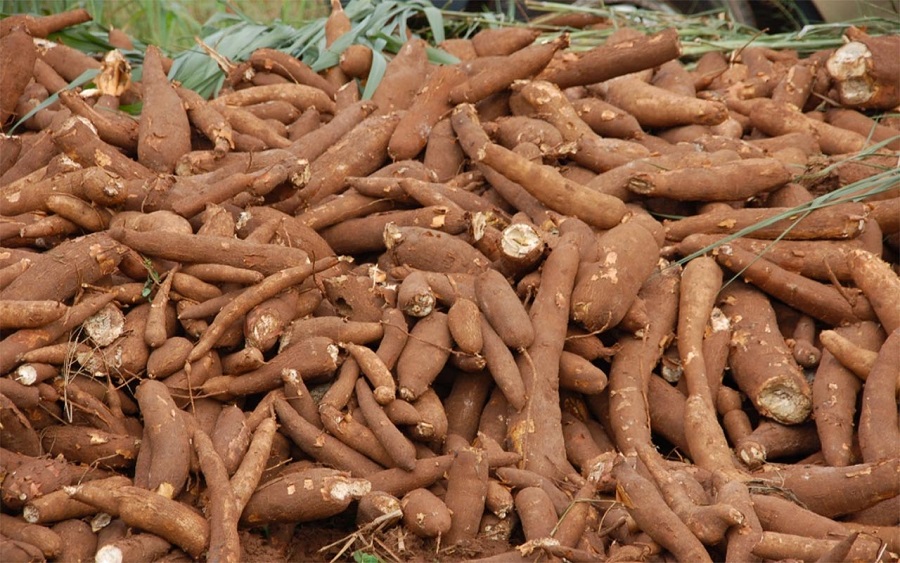

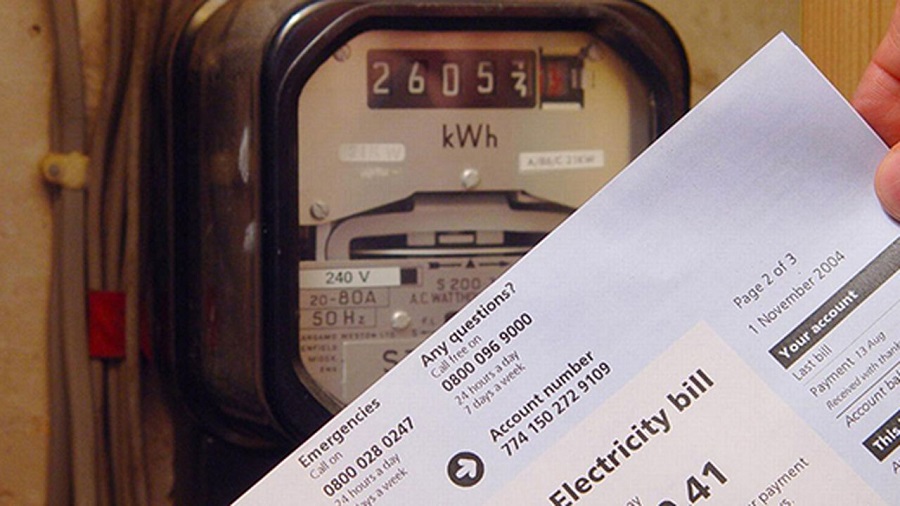




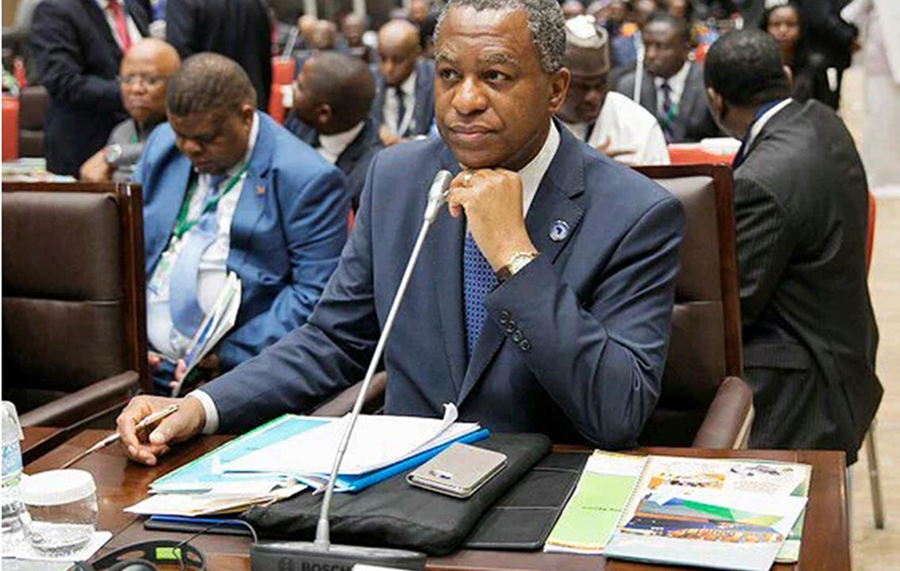

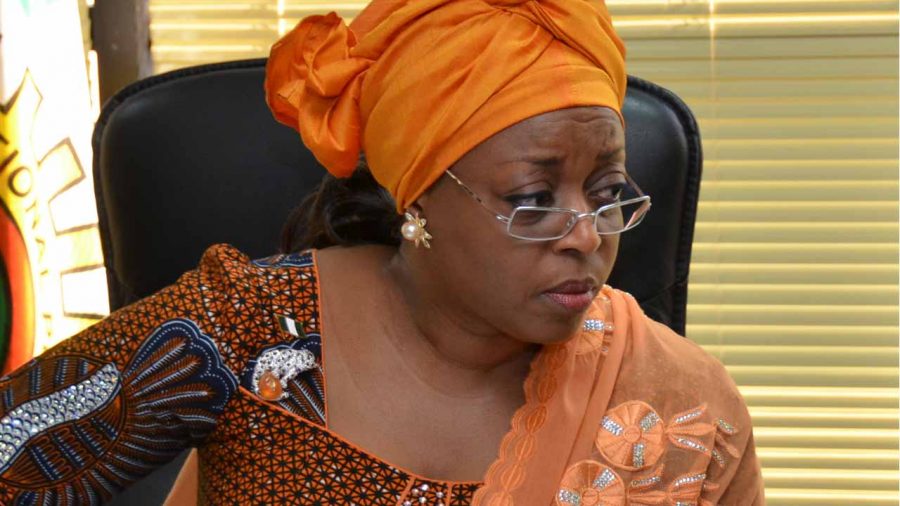
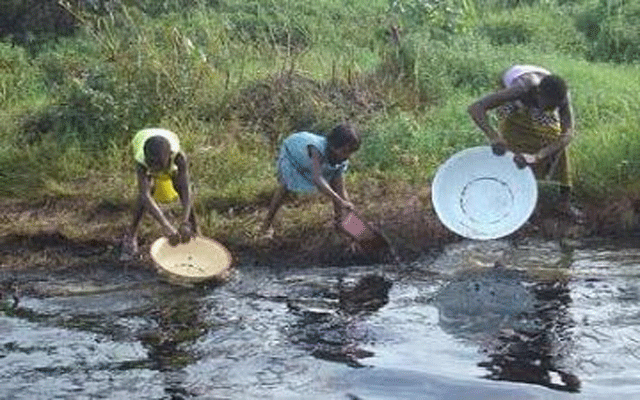










Am interested in casavas farm and supply
MY NAME IS IBRAHIM I NEED MORE DETEL ABOUD CASAVA GROWER